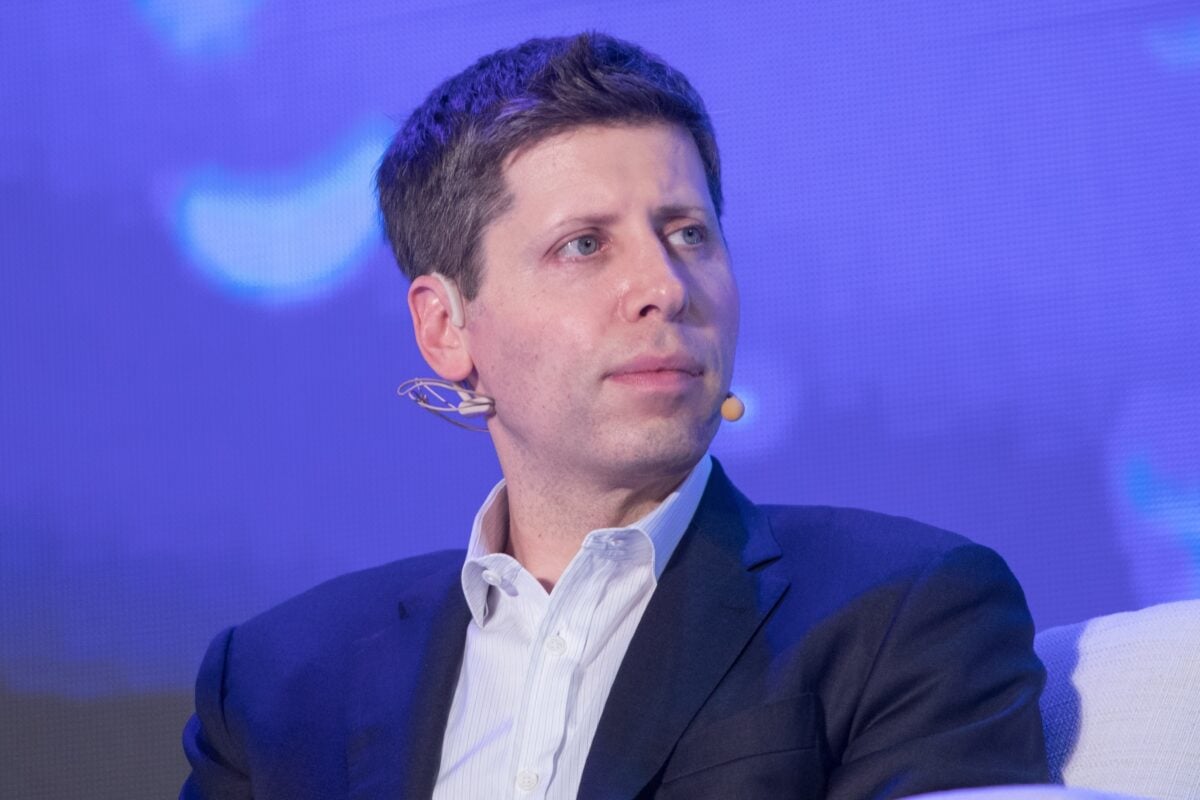TLDRs:
Contents
- Sam Altman envisions a future where AI drives productivity but humans remain central to cultural innovation.
- Altman warns that simply distributing AI-generated wealth won’t satisfy humanity’s deeper need for agency.
- OpenAI CEO advocates for universal “ownership shares” in AI’s output rather than passive basic income.
- Altman proposes a tokenized economy that rewards global citizens with a stake in AI’s capacity.
OpenAI CEO Sam Altman has noted that while artificial intelligence may soon handle most labor and innovation, it’s essential that humans remain responsible for shaping culture, values, and meaning.
Speaking during a recent wide-ranging conversation on Theo Von’s “This Past Weekend” podcast, Altman acknowledged the unprecedented speed at which AI is transforming industries, describing the technology as a “fast forward button on possibility.”
However, he emphasized that even in a world where machines handle most of the productivity, humans will still be essential for guiding cultural and societal direction.
When asked how society should adapt if only a few entities own powerful AI systems, Altman didn’t shy away from the tough economic questions. He floated two distinct outcomes. In one version, widespread access to powerful AI tools like a future GPT-7 enables global productivity, allowing everyone to generate wealth regardless of ownership.
“I think it is possible that we put, you know, GPT7 or whatever in everybody’s chat GBT. Everybody gets it for free and everybody has access to just this like crazy thing such that everybody can be more productive, make way more money.” He said.
But in the second, more unequal scenario, AI breakthroughs, such as new cures or energy solutions, would disproportionately benefit the owners of computing clusters. In this case, Altman believes the world would need to develop a “new economic model,” where wealth is fairly redistributed.
Altman proposed shifting from the idea of universal basic income to universal basic wealth, and eventually to what he called universal extreme wealth. Instead of monthly cash payments, he suggested people could receive ownership stakes in AI-generated value, giving them both agency and a sense of participation in the future.
In a moment of imaginative speculation, Altman pitched a “crazy idea” based on a token-based economy where every person on Earth receives a proportional share of AI’s output. He envisioned a world generating “20 quintillion tokens” annually of which 8 quintillion would be distributed equally among the global population.
“Everybody gets a trillion tokens,” Altman explained.
According to him, these tokens could be traded, pooled for collaborative projects, or used to participate in the broader AI-driven economy. This, he argued, would be more empowering than simply handing out money.
Humans Must Co-Create the Future
Despite the economic models proposed, Altman emphasized on agency as the central theme . He warned that a world where AI does everything while people passively collect dividends would leave many feeling disconnected and unfulfilled.
“People really need to feel like they have a voice in governing the future,” he said. While AI may invent new technologies and scientific solutions, it’s up to humans to “invent the new culture.”
That, he argued, must remain a collaborative, distributed process driven by people, not algorithms.


